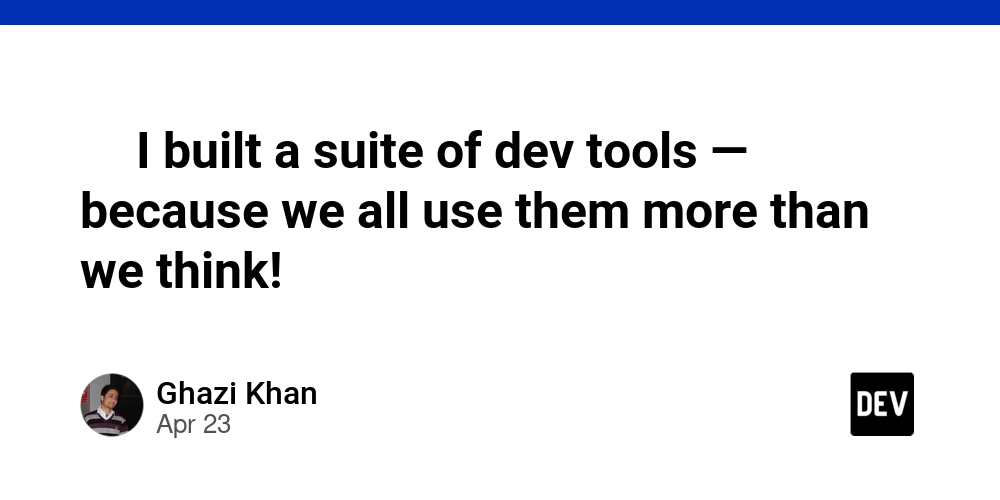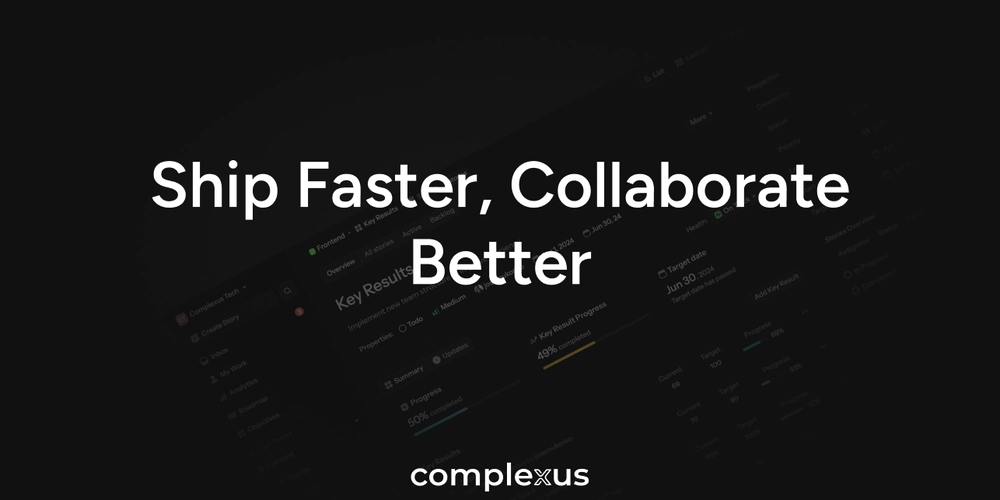
Significantly Reduce Communication Overhead in Federated Learning with Federated Averaging
Are you grappling with the challenge of training machine learning models on decentralized data? Federated learning offers a powerful solution, but the communication overhead can be a significant hurdle. Fortunately, Federated Averaging (FedAvg), coupled with gradient compression, offers a breakthrough, reducing communication costs by over 94%.
What is Federated Averaging (FedAvg) and Why Should You Care?
Federated Averaging is a distributed machine learning approach that enables model training across multiple devices or servers without centralizing the data. This is particularly valuable when dealing with sensitive or privacy-conscious datasets.
- Preserves Privacy: Data remains on individual devices, minimizing privacy risks.
- Handles Decentralized Data: Train models on data scattered across numerous locations.
- Reduces Bandwidth Costs: Minimizes the amount of data transmitted between devices and the central server.
Key Advantages: Compress Gradients for Supreme Efficiency
One of the most compelling benefits of using FedAvg is the ability to integrate gradient compression techniques. Gradient compression minimizes the size of the updates sent between the client devices and the central server. Using Federated Averaging with gradient compression, you can expect:
- Drastic Reduction in Communication Costs: Achieve communication overhead deduction of 94%+, which frees up precious network bandwidth.
- Faster Training Times: Reduced data transmission translates to quicker model convergence.
- Scalability for Large Datasets: Efficiently manage training on massive, distributed datasets.
Beyond reducing communication overhead, Federated Averaging is designed to be highly adaptable to the nuances of real-world, decentralized data.
Addressing Non-IID Data and Ensuring Privacy
Real-world federated datasets are often non-IID (non-independently and identically distributed), meaning the data distribution varies across different devices. FedAvg can effectively handle this challenge. Furthermore, incorporating Differential Privacy (DP) techniques adds an extra layer of protection, ensuring user privacy without compromising model accuracy.
- Non-IID Data Handling: FedAvg algorithms are designed to converge even with diverse data distributions.
- Differential Privacy (DP) Integration: Protect individual user data while still training useful models.
Get Started with TensorFlow Federated
Ready to implement Federated Averaging in your projects? TensorFlow Federated (TFF) provides a robust framework for building and deploying federated learning models. TFF offers a user-friendly interface and comprehensive tools for experimenting with FedAvg and other federated learning algorithms. Explore this guide to start coding: [link to guide]. Increase productivity while maintaining data privacy today!























